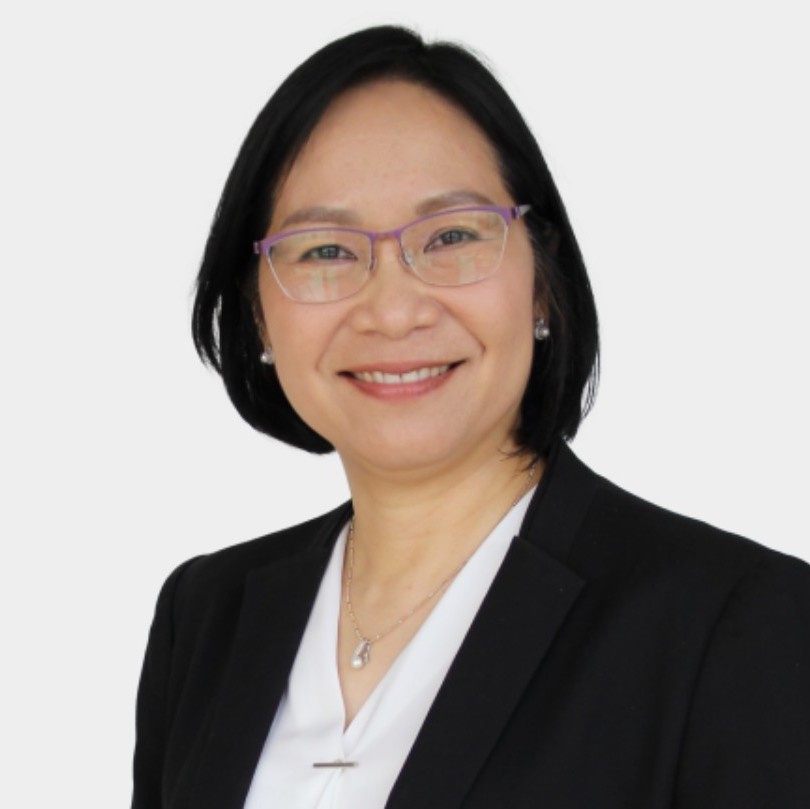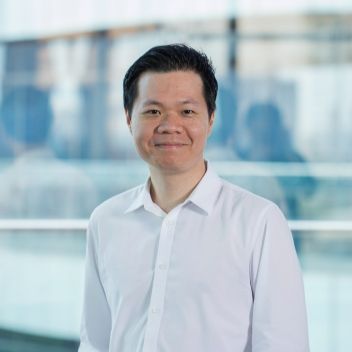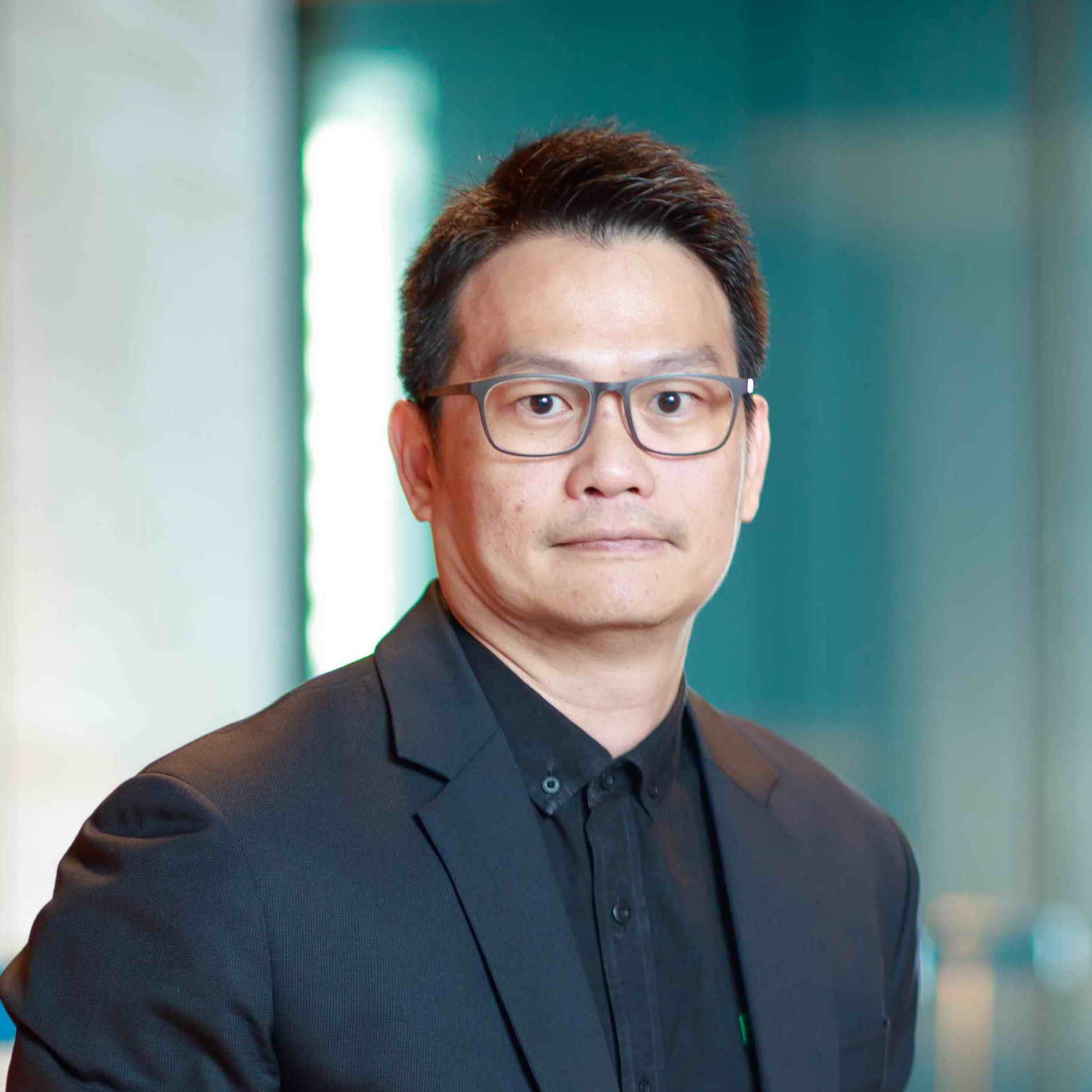depa Smart City Accelerator Program Batch 2 presented by Digital Startup Institute under depa Thailand in collaboration with Techsauce Media, encourages Digital Startup entrepreneurs to show their potential in applying digital technology and innovation to develop the regional Smart City through the Proof of Concept (POC). This program therefore focuses on providing the participants with the necessary tools to work on-site in order to engage with locals on clarifying and providing solutions. In addition, the teams will be given the opportunity to access the public and private markets more easily, which will increase the likelihood that the innovation of your team will scale up nationwide or at the ASEAN level.


We are looking for Digital startups developing disruptive and high-impact technologies to solve the smart city’s problems. Which will be capable of improving service quality, city management and meeting the population demands in the next decades.
According to Smart City Thailand Office, the form of Smart City under the concept of urban living development can be divided into several categories as follows

Vice
President
Smart City Promotion
depa

VC Fund
Manager
AddVentures by SCG

Principle
Krungsri Finnovate

CEO
5G Catalyst Technologies

Co-founder
UDDC
Additionally, the winner
will receive 300,000
baht cash.
Allowing further development on the
business.

This Accelerator Program will last more than 3 months with different workshop and practical sessions specially tailored to help and enhance business skill.
Opportunity to work with government agencies from 5 Smart Cities such as Bangkok, Rayong, Khon Kaen, Lampang, and Phuket. Get in touch with relevant stakeholders in order to develop your solution.


Using technology to minimize the negative impact on the environment, along with increasing the participation of people in natural resources conservation.
Use digital technology to create added value in the economic system and manage resources efficiently.
Creating a balance between energy production and local energy consumption in order to increase energy security and reduce reliance on the main power grid system.
Creating a public service system that promotes transparency, local participation, and continuous improvement through the use of service innovation.
Developing facilities using Universal Design principles to promote good health and well-being, quality of life, and social safety for people in society.
Developing transportation systems by increasing the efficiency and connectivity of various transportation and mobility systems to maximize convenience and safety while also considering environmental sustainability.
Developing the population's knowledge and skills for a life-long learning experience, to reduce social and economic inequality together with being open to creativity, innovation, and public participation.